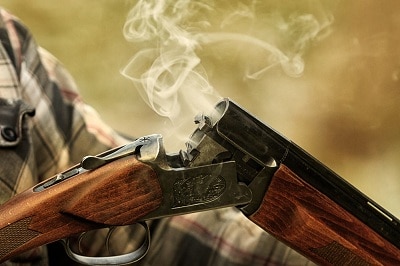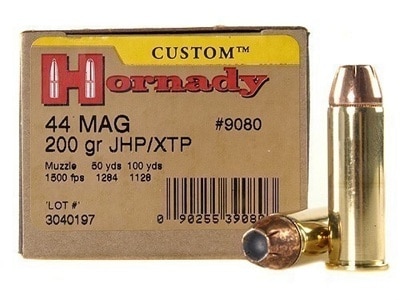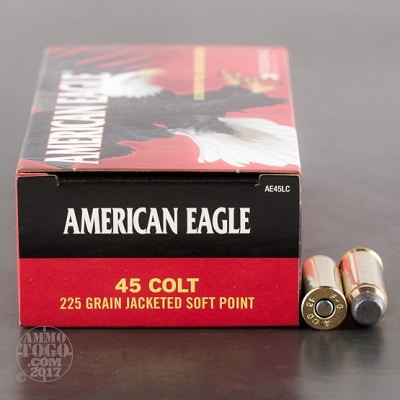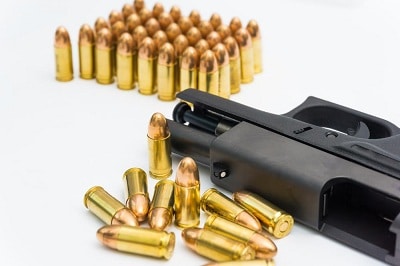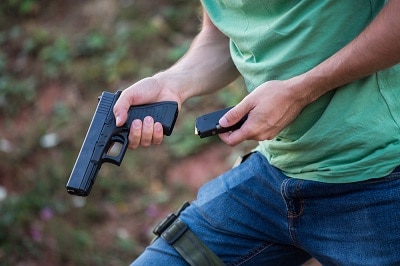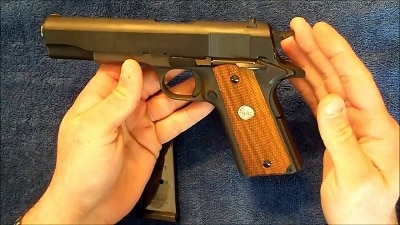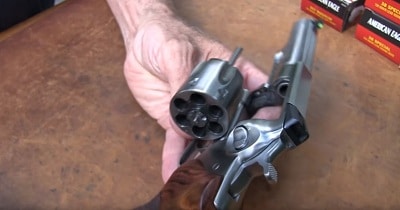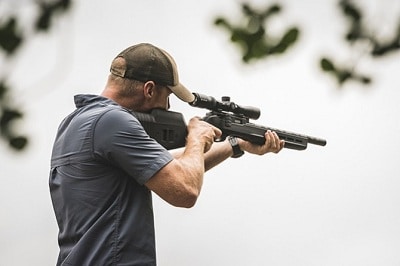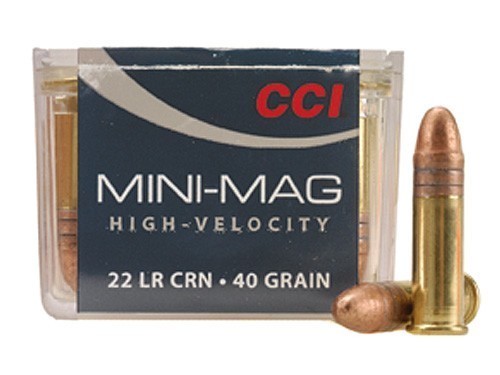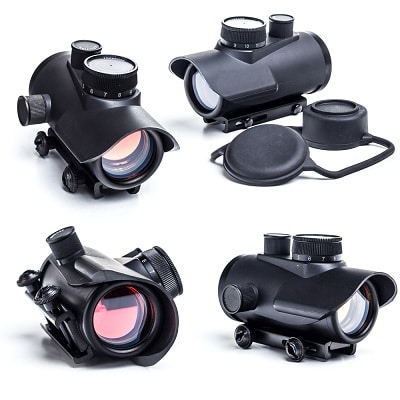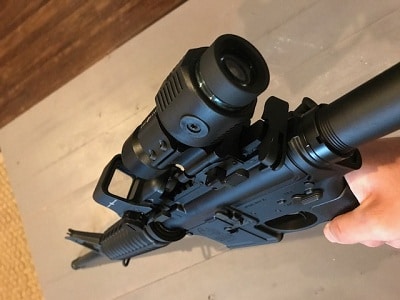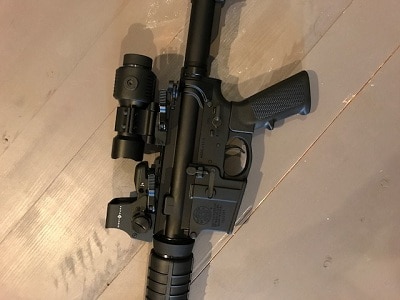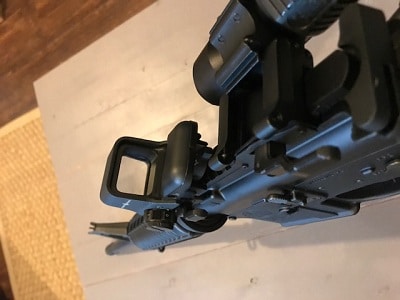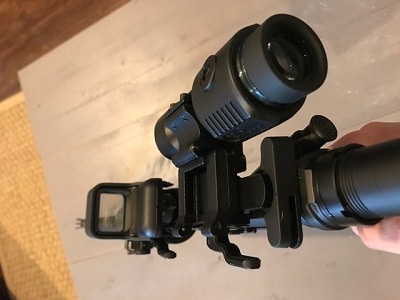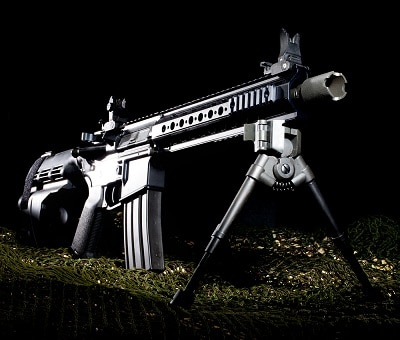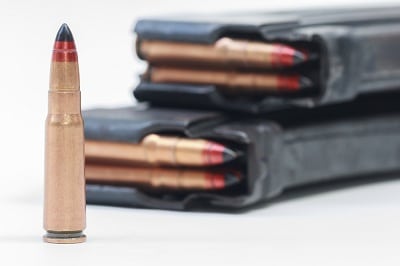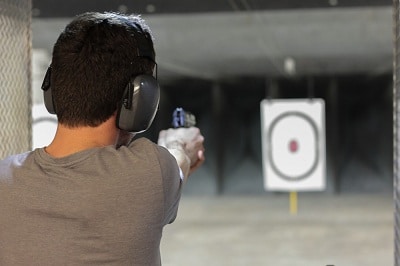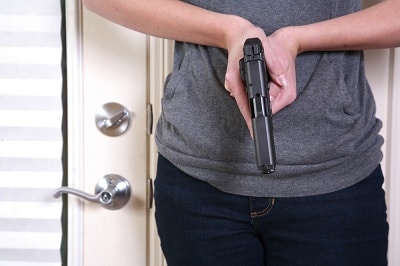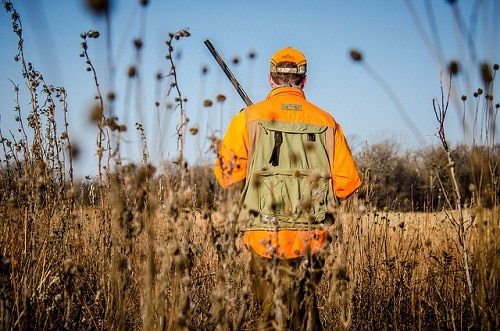When it comes to short-action cartridges, few have seen the rapid rise in popularity of the 6.5 Creedmoor. But in regards to performance, have you ever wondered which is best between the 6.5 creedmoor vs .308? If so, we'll explore that a little later.
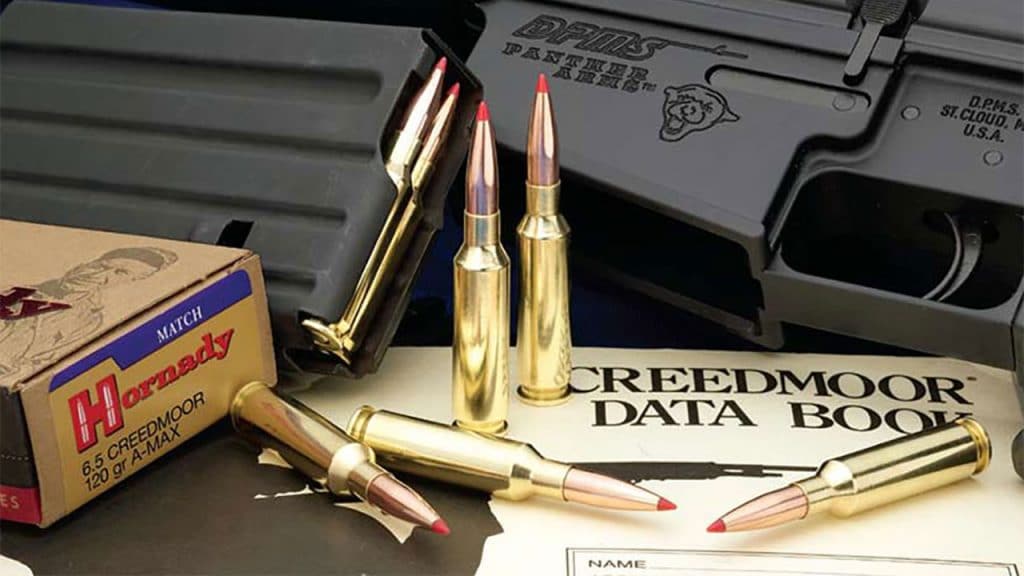
Is the 6.5 creedmoor a good hunting (Photo courtesy of Hornady) http://www.thesportsmanchannel.com/2016/03/6-5-creedmoor-qa-industry-experts/
Reports come in from all over the country about hunters making the switch to the 6.5 and moving to this effective cartridge.
Is this a good thing?
Are hunters actually noticing an improvement in their skill and results?
The answer is revealed within the testimonials, and we’ve heard so many. But we finally wanted to answer the question flat out: Is the 6.5 Creedmoor good for hunting?
Why People Love The 6.5 Creedmoor
I firmly believe that part of the obsession is just a trend. Shooters are latching on to what’s current and what the folks in the public spotlight use.
With that said, there are a few incredible features that have clearly swayed public opinion on the cartridge. Here's what I mean:
- The 6.5 Creedmoor continues to perform extremely well in various competitions. It’s hard to argue against something when a cartridge is tried and tested.
- There has never been an abundance of cartridges designed solely for hunting. Those that perform well in hunting situations tend to receive considerable admiration
- It’s relatively easy to request a custom build for the 6.5 Creedmoor. With the increasing popularity of customizing everything, of course the trend has spilled into cartridges
The readers of popular shooting publications like Guns & Ammo and Field and Stream have likely noticed the rise in discussion about the Creedmoor and its firm place in the mainstream arena.
Media discussions will continue, as well as talks around the campfire regarding the Creedmoor’s durability and dependability.
Another reason for all the uproar is the solid build of the 6.5 Creedmoor.
Everything about the construction is sturdy and ensures long term performance that won't be easily affected.
But even better than the cartridge itself, hunters notice an increase in the longevity of their hunts because they aren’t tired from a sore shoulder.
New hunters have an easier time finding their comfort zone and getting up to speed with more experienced hunters.
The 6.5 Creedmoor adapts with many firearms
One of the reasons the 6.5 Creedmoor is so popular with hunters is because it's versatile.
Fans of shooting history may recall that the last time the world saw a craze with customize-able firearm accessories. It was during the 1950's when classic military weaponry became available to the public.
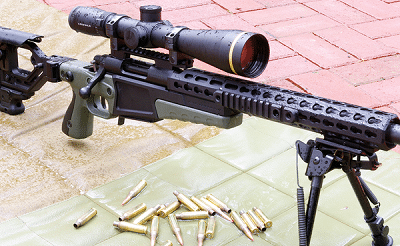
6.5 creedmoor with rifle https://www.quora.com/Why-are-sniper-rifles-so-expensive#!n=18
Well, a similar craze is happening now, and it's clearly a superior product on the market. We have yet to see any stain on the Creedmoor's reputation, so you can expect this cartridge to continue to be in high demand.
The 6.5 cartridges do so well with these guns that it’s a natural fit. Plus, the Creedmoor is both modern and compatible with popular guns.
The 6.5 performs well in long-range hunts and on rapidly moving targets as well. Hunters become comfortable with setting the cartridge and follow-up. It’s rare to see any frustration from the hunter when they're using the 6.5 Creedmoor.
Not to mention, you should also have the best gun safe for the money, it will keep safe for your firearms.
Hunters need accuracy, and this cartridge delivers
Anyone who doubt the statement above should look into the competition results over the last few years.
The 6.5 Creedmoor is among the most accurate cartridges available for the everyday hunter. Recoil is not an issue because it assists in accuracy and the hunter's comfort as well.
Many find that with the shot, they have no problem holding ground. As a result, they are more confident lining it up and coming to zero. Hunters know when they pull the trigger, they'll be right on track.
On the other hand, the 6.5 isn't great for hunting big game.
The 6.5 Creedmoor performs well with mid-sized animals such as deer and slightly smaller creatures.
But you don’t want to be out there hunting a Sasquatch with this thing. Likewise, short range shots under 25 yards don’t necessitate such a badass cartridge.
While it will certainly get the job done, it’s almost like overkill – unless you’re in practice mode and trying improve your skills.
The 6.5 Creedmoor vs .308: The Battle
The Creedmoor is the best long range cartridge for mid-sized animal hunting.
This is the main reason why it has become so trendy, and firmly confirms the fact that this cartridge is awesome for hunting.
Why?
For starters, it's more durable for the hunter's shoulder and body. The Creedmoor won’t wear you down after a day of shooting like a .308 will.
Furthermore, the recoil is so negligible that firing dozens of shots on the 6.5 causes less wear on the hunter than firing five shots with a .308.
Here is a video of the cartridge in action with Ruger Precison. If you have a Ruger Gun10/22, you should buy the best scope for ruger 10/22, i highly recommend you have one.
It performs better in windy situations, too.
Hunters notice less deflection from the wind and less effect on their overall accuracy with the 6.5.
Everything about the Creedmoor —including stock ammo— is more affordable than many other cartridge selections as well.
Hunters are consistently coming to the conclusion that once you go Creedmoor, you never go back.
Fifty years from now, this cartridge will have the track record and reputation of the most legendary hunting cartridges ever – just wait and see!
The 6.5 Creedmoor vs .308 Winchester
We know that we’ve given a lot of information about Creedmoor, but that doesn’t mean the Winchester doesn’t have anything to offer. We’ll take a look at a few of their characteristics and let you choose between the 6.5 Creemoor vs .308
Case Structure
Let’s first look at the difference in design between the two. The Creedmoor looks a lot like a 308, and it’s based on the .30 TC case. However, 6.5 has a more precise shoulder at 30 degrees than the Winchester’s 20-degree shoulder. It gives the brass in the Creedmoor more longevity but feeds more accurately in semi-automatics for the Winchester.
In regards to brass availability, the 6.5 doesn’t have much, so the .308 wins in the category.
Barrel Life
Since the Creedmoor has a smaller bore and faster speed, it has a shorter lifespan than the barrel of a .308. However, it won’t be too overbore like other barrels. But nonetheless, the Winchester takes the win on this one.
Ballistics
In regards to the 308, it performs okay but it’s not really ballistic coefficient—especially, for shooting at longer ranges. They’re both neck and neck within the 500-yard range; however, the Creedmoor has more to offer in regards to wind drift resistance.
Final Thoughts The 6.5 Creedmoor vs .308 Cartridge
Is the 6.5 Creedmoor is good for hunting?
The answer is a resounding and emphatic ‘YES’. It is great for hunting.
The one thing that may put a dent in the Creedmoor’s fame is the invention of a better product. But it would have to be one that out-perform the 6.5 and have a solid marketing team behind it because the Creedmoor is winning right now.
Hopefully this article shed some light on the 6.5 Creedmoor and why it's so good for hunting. But hey, that doesn't mean you should count the .308 out. It's still a good catridge, and I recommend that you try both and see which one best fits your hunting needs.
Please share this content on social media if you’ve enjoyed it, and feel free to post your thoughts in the comments below. We always love hearing about new situations where the Creedmoor or the Winchester has done the job. In the battle between the 6.5 Creedmoor vs .308, who do you think wins?

